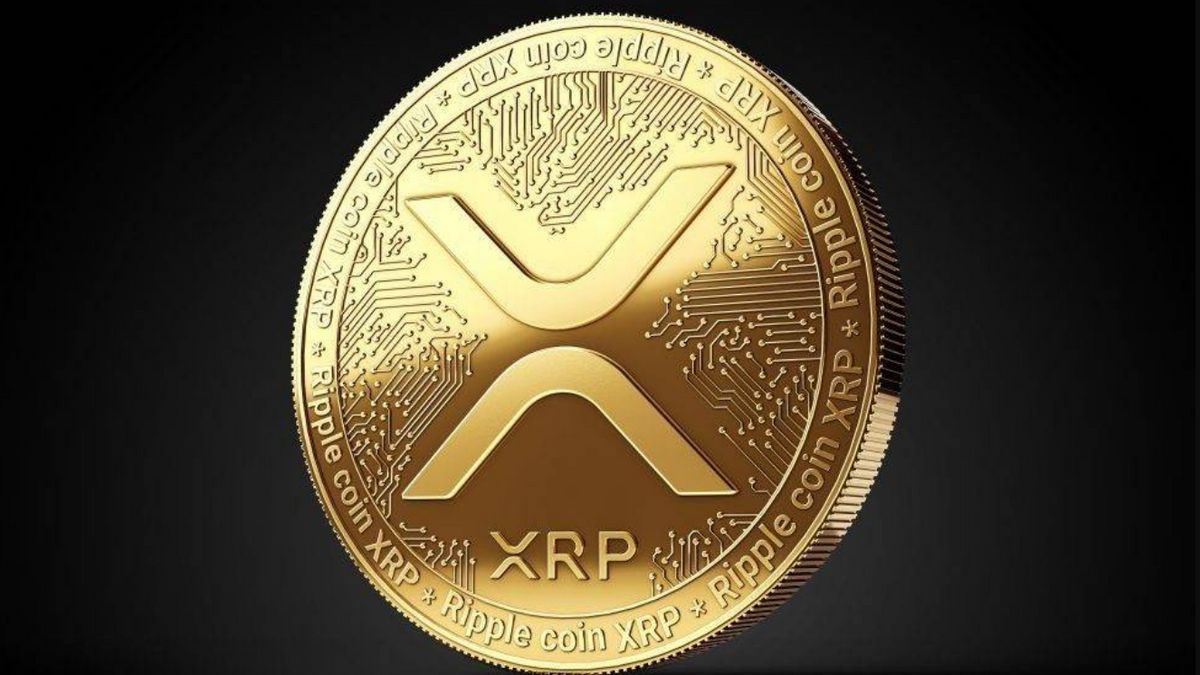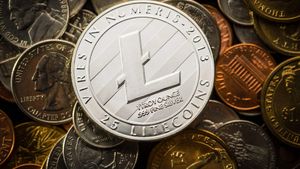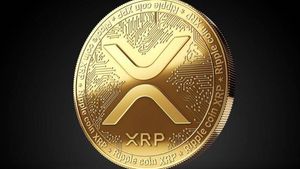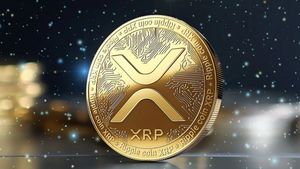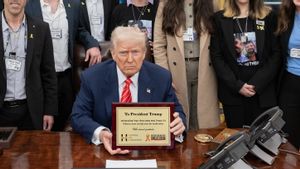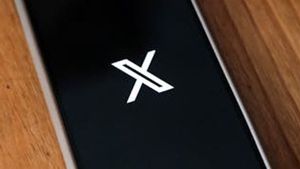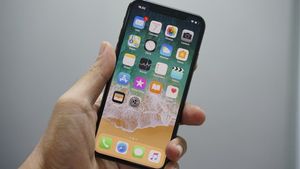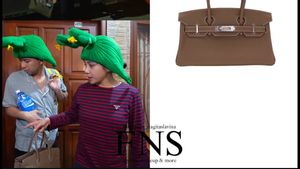JAKARTA - The judge who led the lawsuit of US Securities and Exchange Commission (SEC) regulator against Ripple Labs and executive Chris Larsen and Brad Garlinghouse has revealed that the court cannot classify XRP as a securities.
This decision, disclosed by Judge Torres, details that a simple testing of Howey's test does not indicate that XRP is a security in its context. The judge also detailed that the court decided to partially grant and rejected part of the SEC and Ripple Labs summary assessments.
In his statement, Judge Torres explained, "Thus, the SEC's motion for a summary ruling on claims of helping and conspiring against Larsen and Garlinghouse was rejected." This confirms that the court cannot conclude that XRP is a security from a legal point of view, and there is a significant difference in material facts regarding XRP status as a security.
In addition, the court also highlighted that Howey's test should be applied specifically to XRP transactions, and that there is conflicting evidence regarding relevant factors. The judge acknowledged the difference between programmed sales and institutional sales.
"Since 2017, Ripple's programed Sales have only covered less than 1 percent of XRP's trading volume globally," the statement explained.
"Therefore, most individuals who buy XRP through digital asset exchanges do not invest in Ripple at all. Institutional buyers are consciously buying XRP directly from Ripple according to the contract, but in reality, buyers through Programd Sales have the same position as secondary market buyers who do not know the recipients of their money or the purpose of the payment."
SEE ALSO:
In his order, Judge Torres added, "Therefore, after considering economic reality and overall circumstances, the court concluded that Ripple's programed Sales of XRP are not investment contract offers and sales."
After the court's decision was announced, XRP supporters celebrated the decision and the price of XRP jumped nearly 30 percent against the US dollar. Although Judge Torres' decision was greeted with joy, the court decided to grant and reject a cross vote from the parties for concise decisions, because there was a significant material fact dispute over XRP's status as a security.
The court also announced that it would issue separate orders in the future to set a trial date and a pre-trial deadline. Although XRP supporters celebrate this decision, the case is likely to continue.
Since the announcement, XRP has continued its positive trend and continues to experience price increases, hitting its highest level in the last 6 months. This development reflects market optimism regarding court decisions affecting XRP's legal status.
With the end of this stage, the crypto industry is widely paying attention to further developments in this case, as it could have an impact on further understanding and regulations regarding other crypto assets in the future.
The English, Chinese, Japanese, Arabic, and French versions are automatically generated by the AI. So there may still be inaccuracies in translating, please always see Indonesian as our main language. (system supported by DigitalSiber.id)
